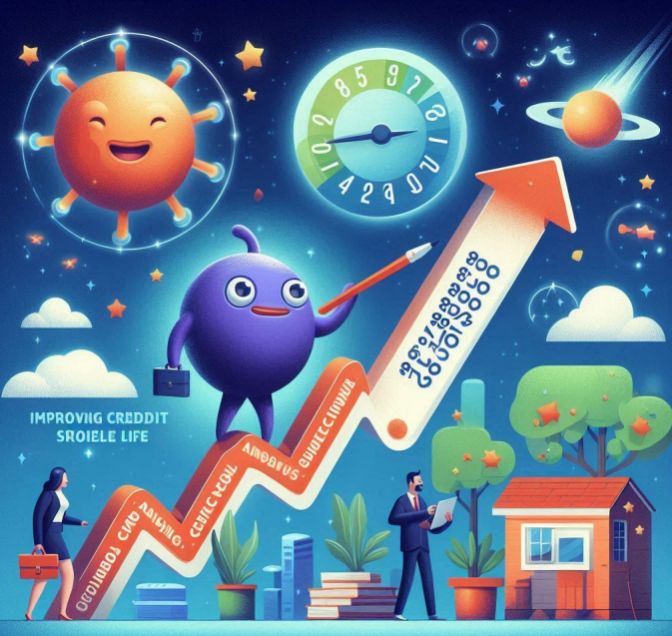Why is Financial Literacy Important for Students?
Financial literacy is the knowledge and skills needed to make smart decisions about money. It includes understanding concepts like budgeting, saving, investing, and managing debt. People with good financial literacy can effectively handle their personal finances and plan for the future. This skill is important for achieving financial stability and making informed financial choices throughout life.
Would you want to be in a position of being handed the keys to an incredibly powerful car and not even knowledgable about how it operates. It is something equivalent to adulting while being financially illiterate. Financially literate students have an edge in every aspect of their personal financial lives; they can dodge costly mistakes, make more informed choices and put themselves on a path to at least some measure of fiscal responsibility. Financial literacy covers all of the basics for youth, from handling student loans and debt management to understanding how credit works.
It provides students with the knowledge to spend, save and invest their money wisely from an early age. They use it to pay off student loans, learn how to budget—how expensive the rent is in this town and begin saving for what's next. By learning these skills, students are able to avoid debt traps and can get a head start on their financial welfare. This is how important financial literacy to become independent and achieve long term stability when it comes to money.
Why Financial Literacy Matters for Students
Why financial literacy matters for students Because it provides critical money management skills. Which helps them to learn how to budget, save and spend their money wisely from an early age. Such skills when learned help students avert normal money mistakes such as overspending or getting into debts. By grasping basic financial concepts, students can be better decision makers about student loans or other big dollar decisions.
Financial literacy also equips students with essential skills for their post-secondary lives. The course gets them interested in subjects vital for their future such as investing, taxes and planning retirement from a young age. This will allow them to define their financial objectives and aims so that they have clear guidelines. Economically successful adults are generally the product of educated children.
Strategies to Improve Financial Literacy Skills

- Budget: over a period of time keep tabs on what you spend and how much gets deposited into your account. This will allow you to see what your money goes towards and find a few places where possibly we could be saving.
- Develop an understanding: Read articles, books and blogs regarding finance.You only have learn from experts through their writings.
- Start with beginner-friendly resources and gradually tackle more complex topics.
- Practice with financial tools: Use apps and online calculators to manage your money. These can help you visualize your finances and plan for the future.
- Take a financial literacy course: Many schools and online platforms offer free or low-cost classes. These structured programs can provide a solid foundation in personal finance.
- Set financial goals and work towards them: Having clear objectives motivates learning. Start with small, achievable goals to build confidence and skills.
What Are the Principles of Financial Literacy?

Literally, this is the beginning of financial literacy which includes budgeting. Tracking what you earn, and spending. Another principle to figure out is how save money. You need to understand how credit and debt function. It is also money-wise to learn the discipline of setting financial goals.
Investing is a big part of financial literacy too. This includes understanding different ways to grow your money. Knowing about taxes and how they affect you is crucial. Insurance is another topic to learn about for protection. Finally, planning for retirement is an essential financial skill.
Conclusion
Financial literacy gives students tools for a better future. It helps them make smart choices with money early on. Students can avoid common money mistakes many adults make. They learn to save and plan for big goals like college. These skills set them up for success in the real world.
Financially literate students become more independent adults. They're better prepared to handle their own money after school. This knowledge helps them build wealth over time. It can lead to less stress about money in their lives. Ultimately, financial literacy empowers students to reach their dreams.
(Writer:Laurro)






